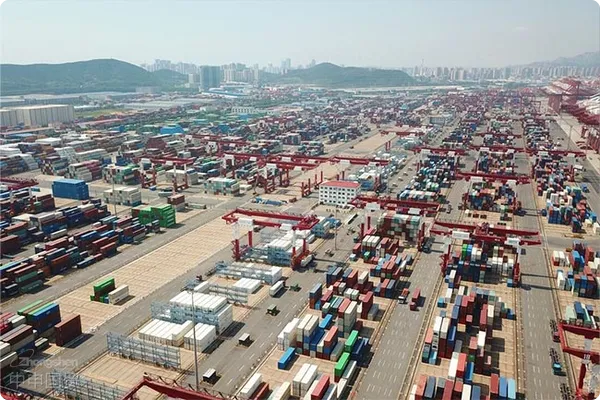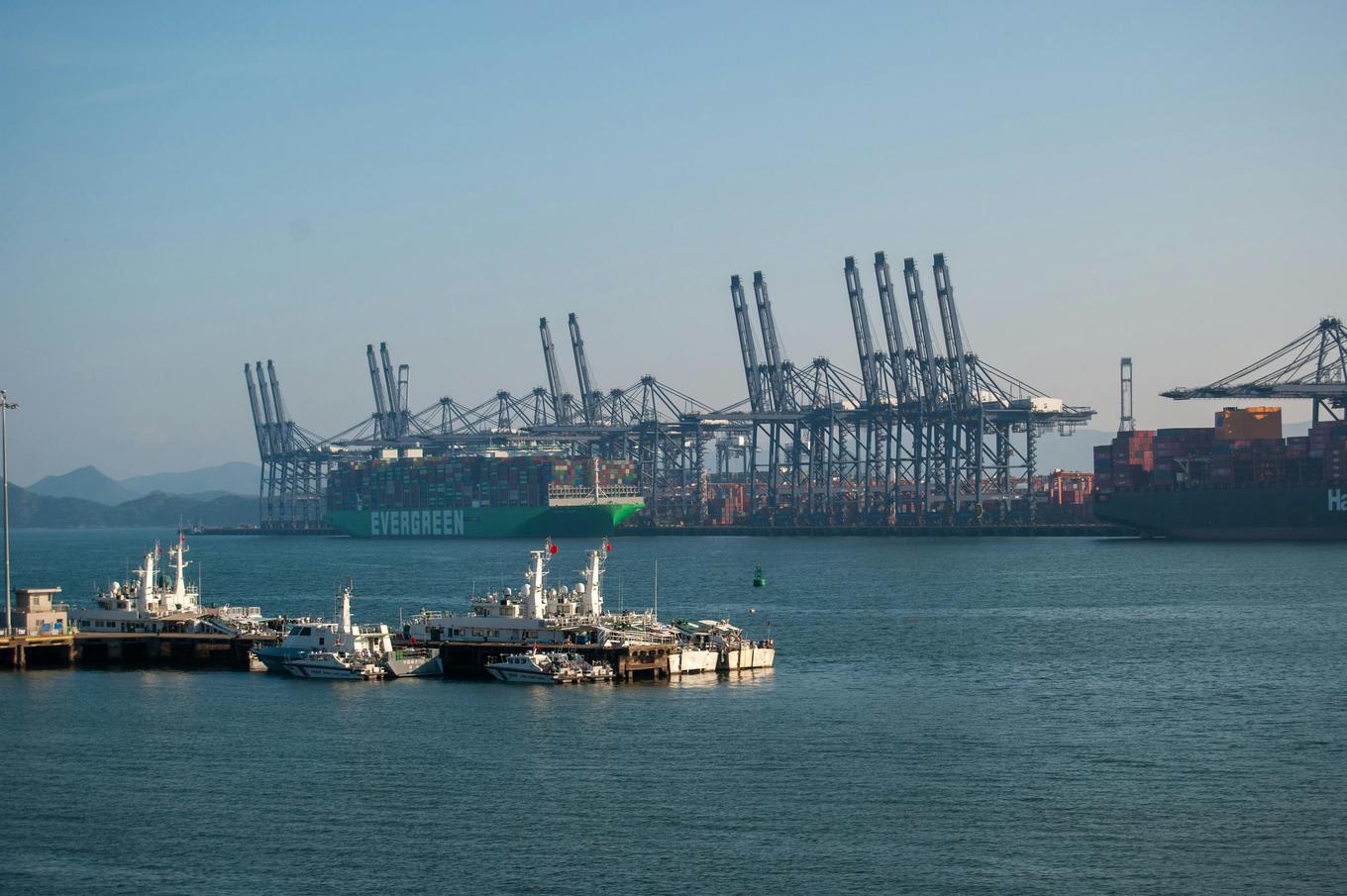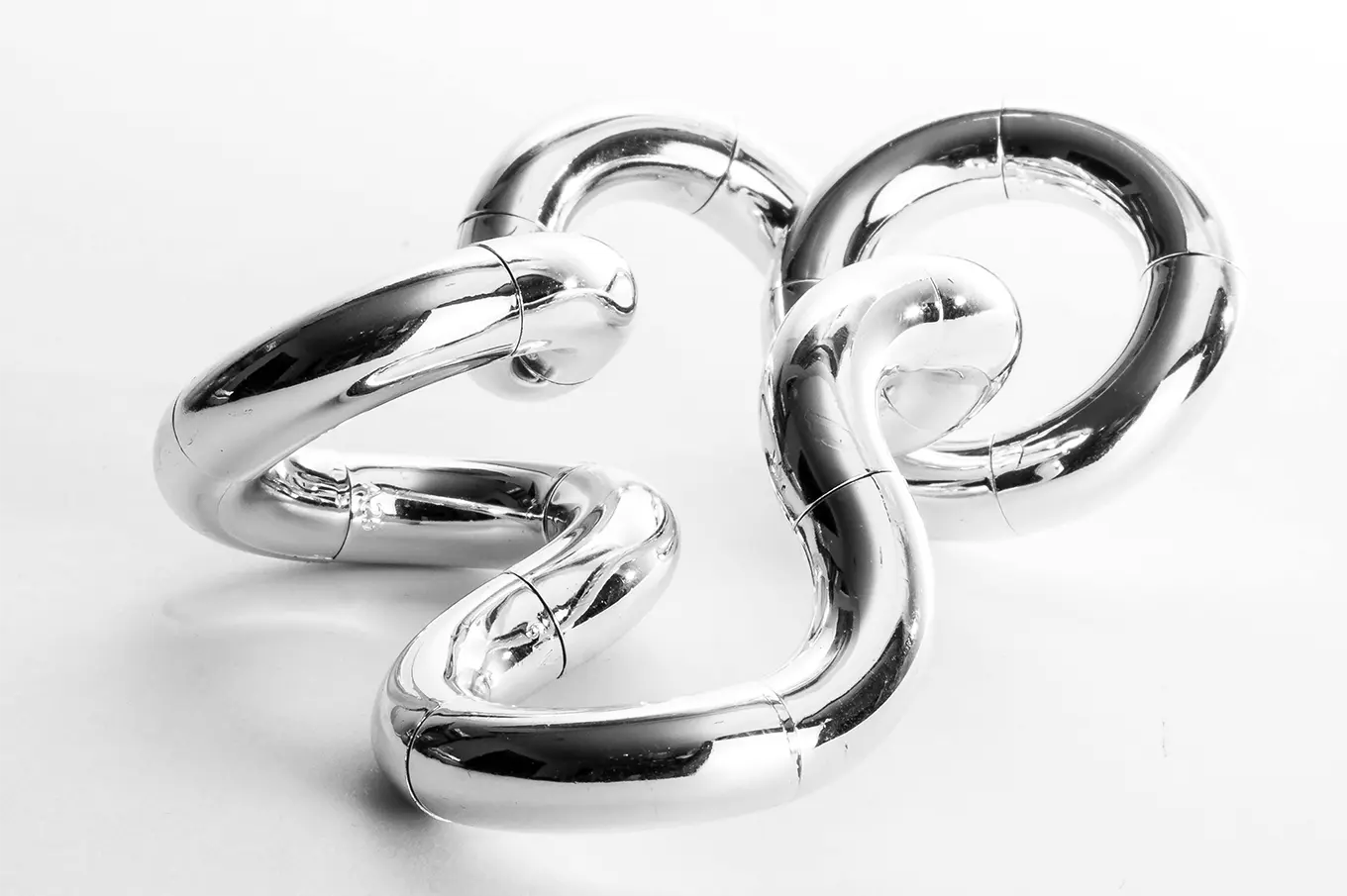- Shanghai Zhongshen International Trade Co., Ltd. - Two decades of trade agency expertise.
- Service Hotline: 139 1787 2118

2025 Comprehensive Guide to Agency Customs Clearance for Imported Food Production Line Equipment
Amid the wave of food industry upgrades, Chinas import value of food machinery in 2025 is projected to exceed $8.7 billion. As professionalforeign tradeagency service providers, we have identifiedEquipment Importsthree core challenges: compliance verification of technical parameters, adaptation to tariff preferential policies, and coordination of special regulatory procedures - all of which directly impact project costs and production timelines.
Analysis of Global Equipment Procurement Trends
EU equipment manufacturers dominate the bakery production line market, with their new tunnel-type baking equipment featuring modular designs that reduce disassembly rates by 42%. Japanese aseptic filling equipment maintains technological advantages, but note their 2025 revised JIS certification standards now include AI self-inspection system requirements. Southeast Asian equipment offers outstanding cost-performance, with Thailands cold chain packaging lines priced 35% lower than European counterparts, though requiring enhanced sanitation level verification.
Key Control Points in Customs Clearance Practice
- Accuracy of Pre-classification: Beverage filling units must distinguish between HS84223010 (fully automatic) and 84223090 (semi-automatic), with a 9% tariff difference
- Pre-approval of hygiene permits: The new Imported Food Machinery Hygiene Standards require equipment surface roughness ≤0.8μm
- Fast - track Customs Clearance Channel: AEO-certified enterprises can apply for immediate inspection upon arrival mode, reducing clearance time to 72 hours
Five Evaluation Dimensions for Service Provider Selection
- Industry experience: Completion of at least 3 similar project cases
- Technical coordination: Capability for pre-review of equipment parameter compliance
- Clearance network: Establishment of localized service teams at major ports
- Risk management: Provision of exchange rate locking + quality insurance combination solutions
- Emergency mechanism: 48-hour response standard for sudden return shipments
Practical cost optimization strategies
In our case representing a dairy company importing German production lines, the equipment disassembly transport + domestic assembly model savedMaritime Transportation28% in costs. Utilizing the free trade zones equipment debugging outside supervision area policy deferred VAT payment for up to 6 months. For precision temperature control equipment, selecting Longkou Ports dedicated cold chain clearance route kept transportation loss rates below 0.3%.
Risk warning and response plan
- Technical Barriers: The latest EU directive requires traceability certification for contact surface materials
- Exchange Rate Fluctuations: Recommended payment method: 30% Euro + 70% RMB hybrid payment
- Quality disputes: Retain equipment no-load test videos as claim evidence
When a bakery enterprise imported Italian production lines, we pre-installed IoT modules to complete EU CE certification data collection at the destination port, reducing technical acceptance cycles to 11 working days. The project ultimately saved 19% in comprehensive costs and commenced production 47 days ahead of schedule.
Related Recommendations
© 2025. All Rights Reserved.Shanghai ICP No. 2023007705-2 PSB Record: Shanghai No.31011502009912
PSB Record: Shanghai No.31011502009912










